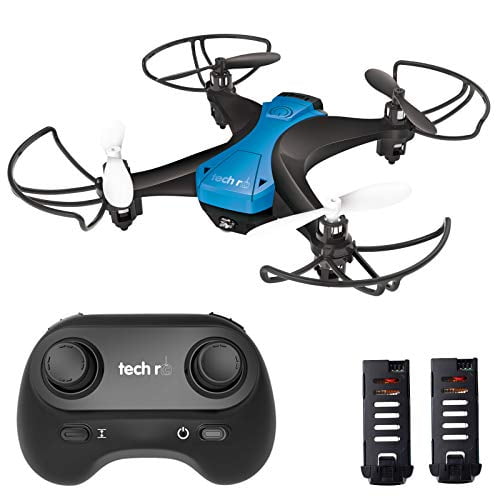
Less verbal children may be able to express their views, experiences, and even frustrations through play, allowing their parents an opportunity to gain a fuller understanding of their perspective. 6, 13, 14, 20, 21 Parents who have the opportunity to glimpse into their children’s world learn to communicate more effectively with their children and are given another setting to offer gentle, nurturing guidance. (The word “parent” is used in this report to represent the wide range of adult caregivers who raise children.) The interactions that occur through play tell children that parents are fully paying attention to them and help to build enduring relationships. 4 When parents observe their children in play or join with them in child-driven play, they are given a unique opportunity to see the world from their child’s vantage point as the child navigates a world perfectly created just to fit his or her needs. 18, 19 Perhaps above all, play is a simple joy that is a cherished part of childhood.Ĭhildren’s developmental trajectory is critically mediated by appropriate, affective relationships with loving and consistent caregivers as they relate to children through play. In fact, it has been suggested that encouraging unstructured play may be an exceptional way to increase physical activity levels in children, which is one important strategy in the resolution of the obesity epidemic. 17 In contrast to passive entertainment, play builds active, healthy bodies. 7, 10, 11 Ideally, much of play involves adults, but when play is controlled by adults, children acquiesce to adult rules and concerns and lose some of the benefits play offers them, particularly in developing creativity, leadership, and group skills. 7, 10, 11, 16 When play is allowed to be child driven, children practice decision-making skills, move at their own pace, discover their own areas of interest, and ultimately engage fully in the passions they wish to pursue.
#Play time pilot how to
7, 10, 15 Undirected play allows children to learn how to work in groups, to share, to negotiate, to resolve conflicts, and to learn self-advocacy skills. 7– 14 As they master their world, play helps children develop new competencies that lead to enhanced confidence and the resiliency they will need to face future challenges. Play allows children to create and explore a world they can master, conquering their fears while practicing adult roles, sometimes in conjunction with other children or adult caregivers. 4– 6 It is through play that children at a very early age engage and interact in the world around them. Play is important to healthy brain development. Play allows children to use their creativity while developing their imagination, dexterity, and physical, cognitive, and emotional strength.


Rather, these guidelines call for an inclusion of play as we seek the balance in children’s lives that will create the optimal developmental milieu to prepare our children to be academically, socially, and emotionally equipped to lead us into the future. 2, 3 It is essential that a wide variety of programming remain available to meet the needs of both children and families. Academic enrichment opportunities are vital for some children’s ability to progress academically, and participation in organized activities is known to promote healthy youth development. Although the guidelines were written in defense of play, they should not be interpreted as being against other forces that compete for children’s time.
#Play time pilot free
The overriding premise is that play (or some available free time in the case of older children and adolescents) is essential to the cognitive, physical, social, and emotional well-being of children and youth. These guidelines were written in response to the multiple forces that challenge play.


 0 kommentar(er)
0 kommentar(er)
